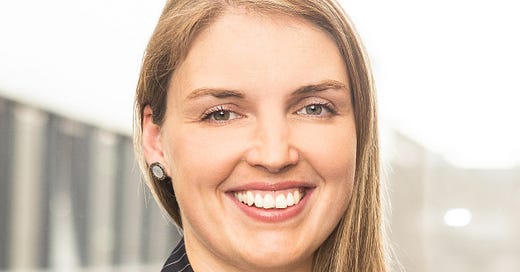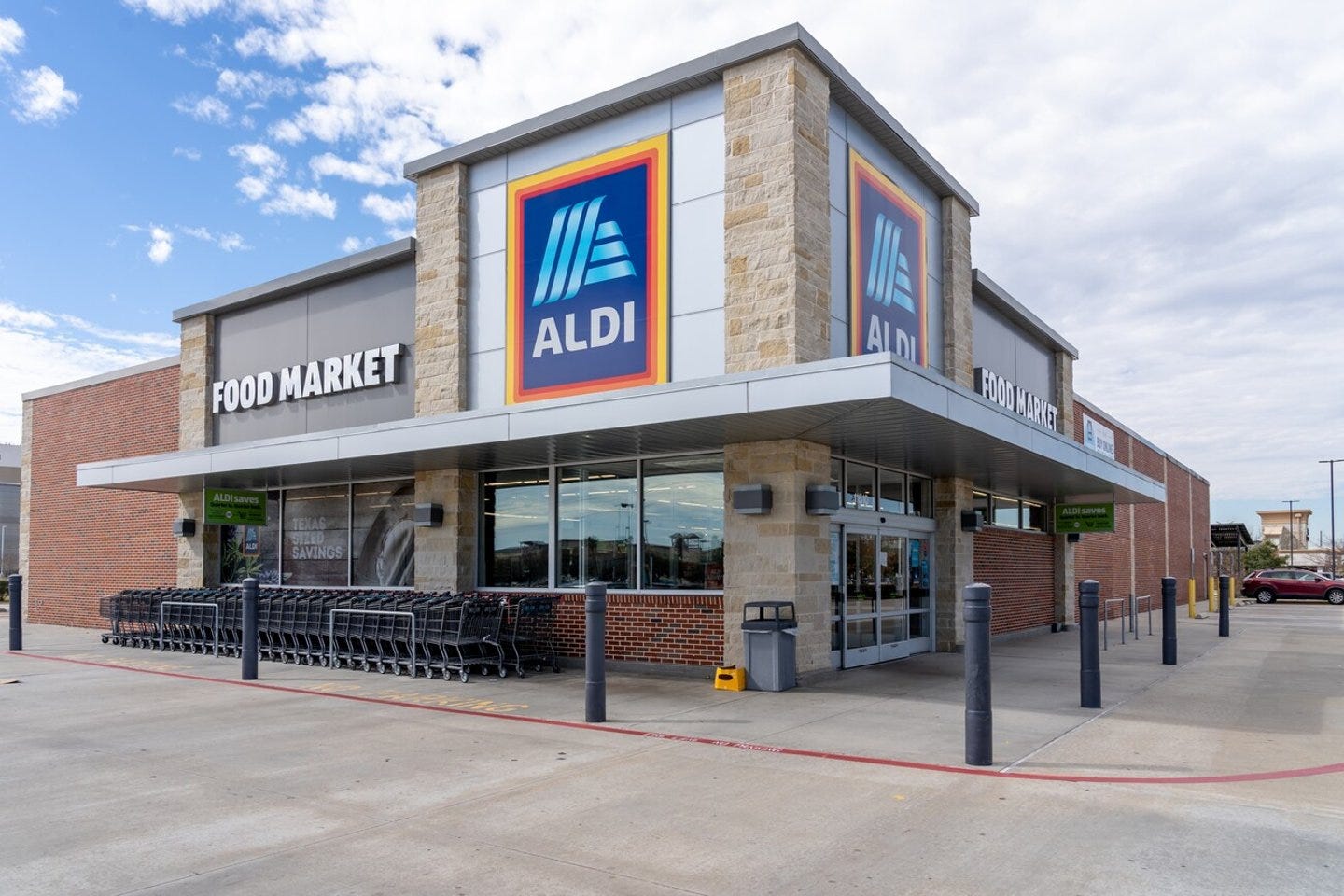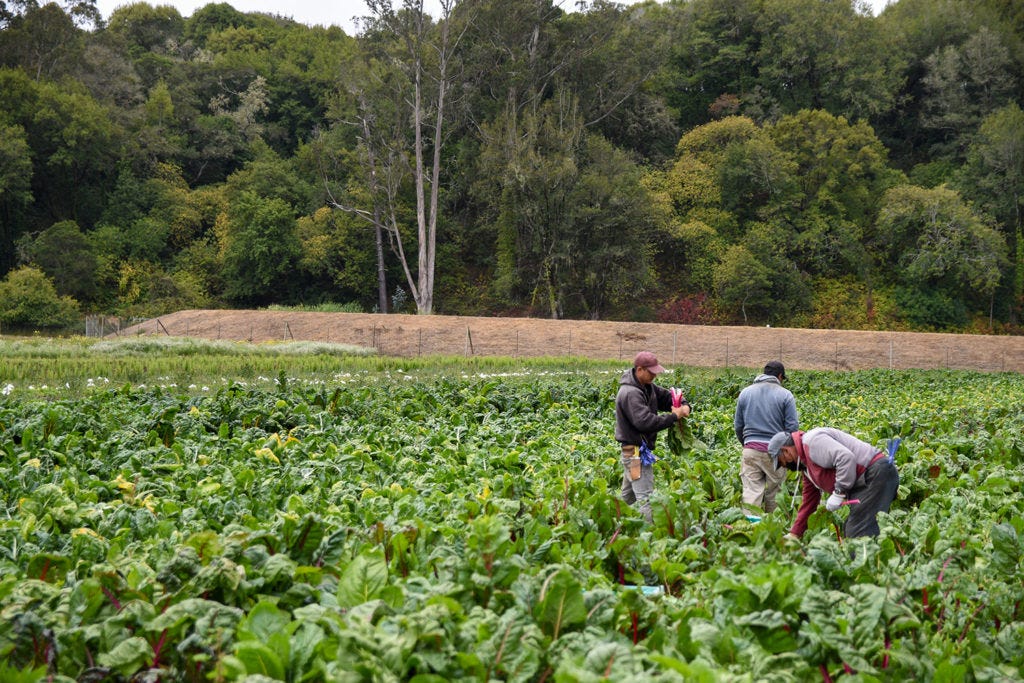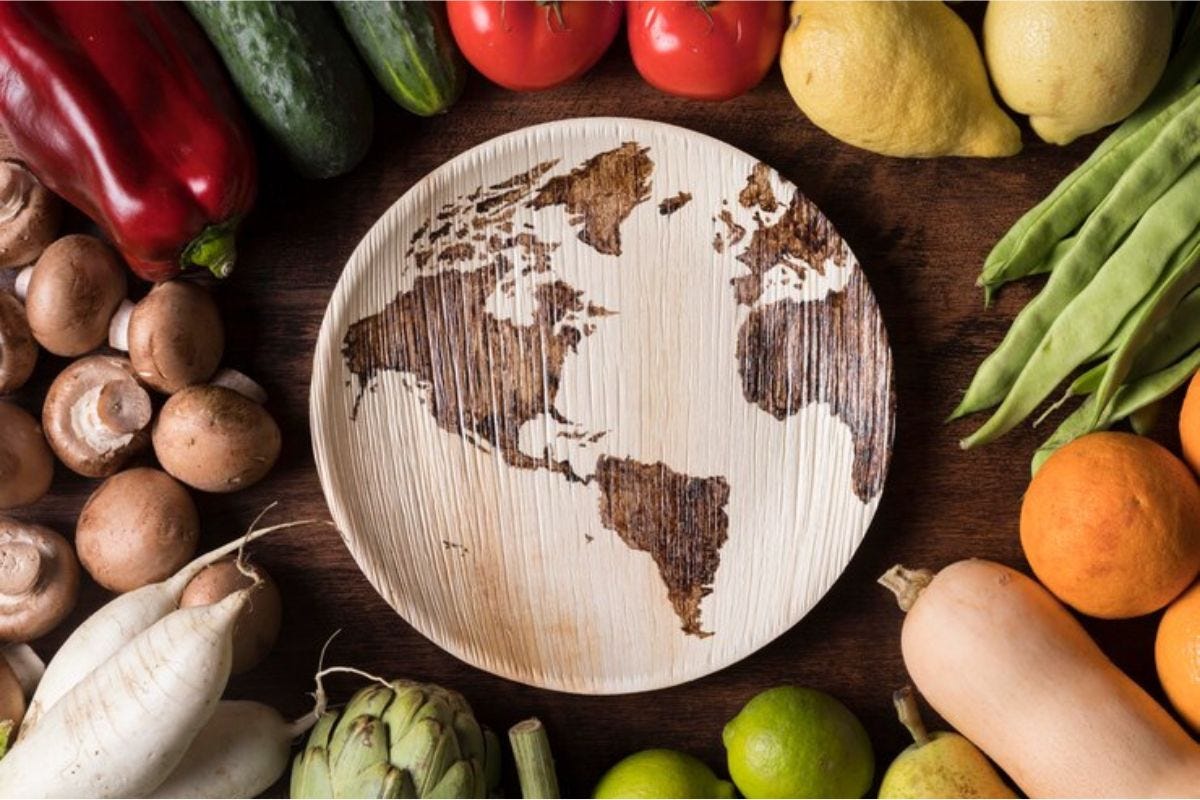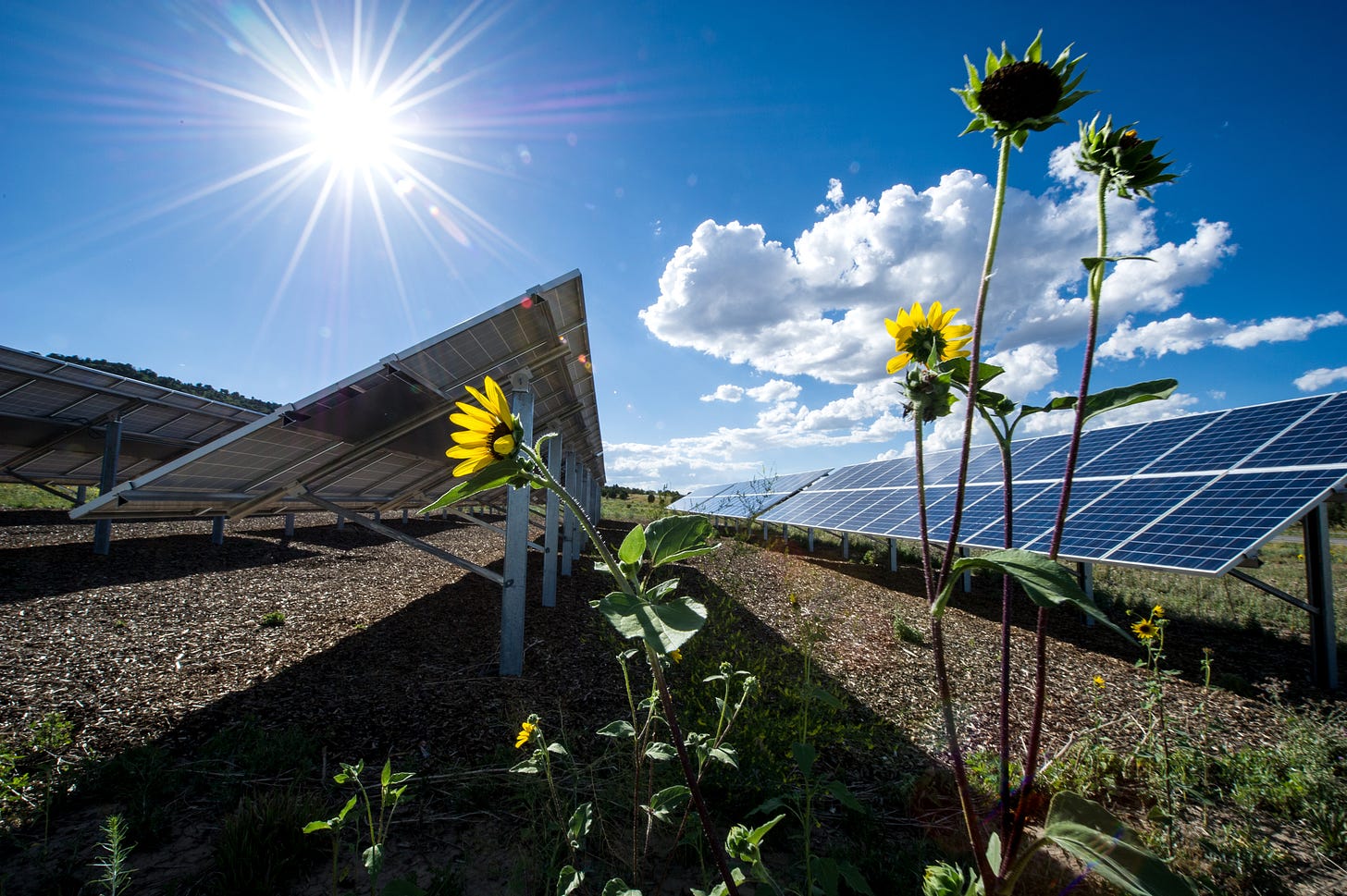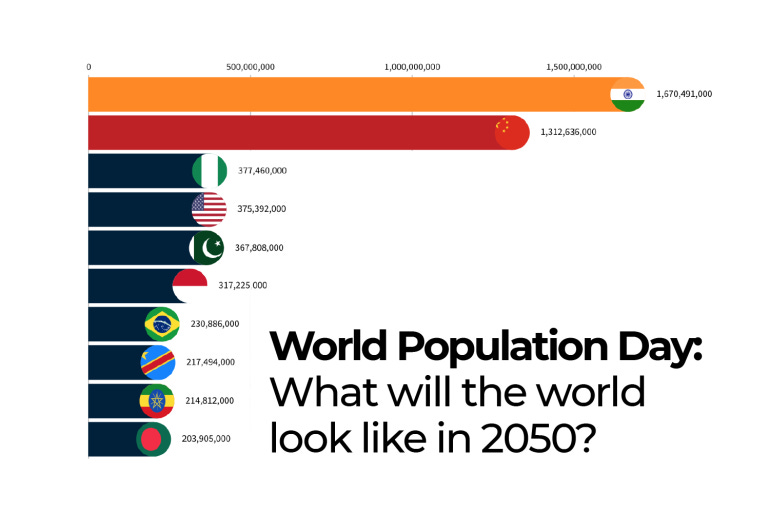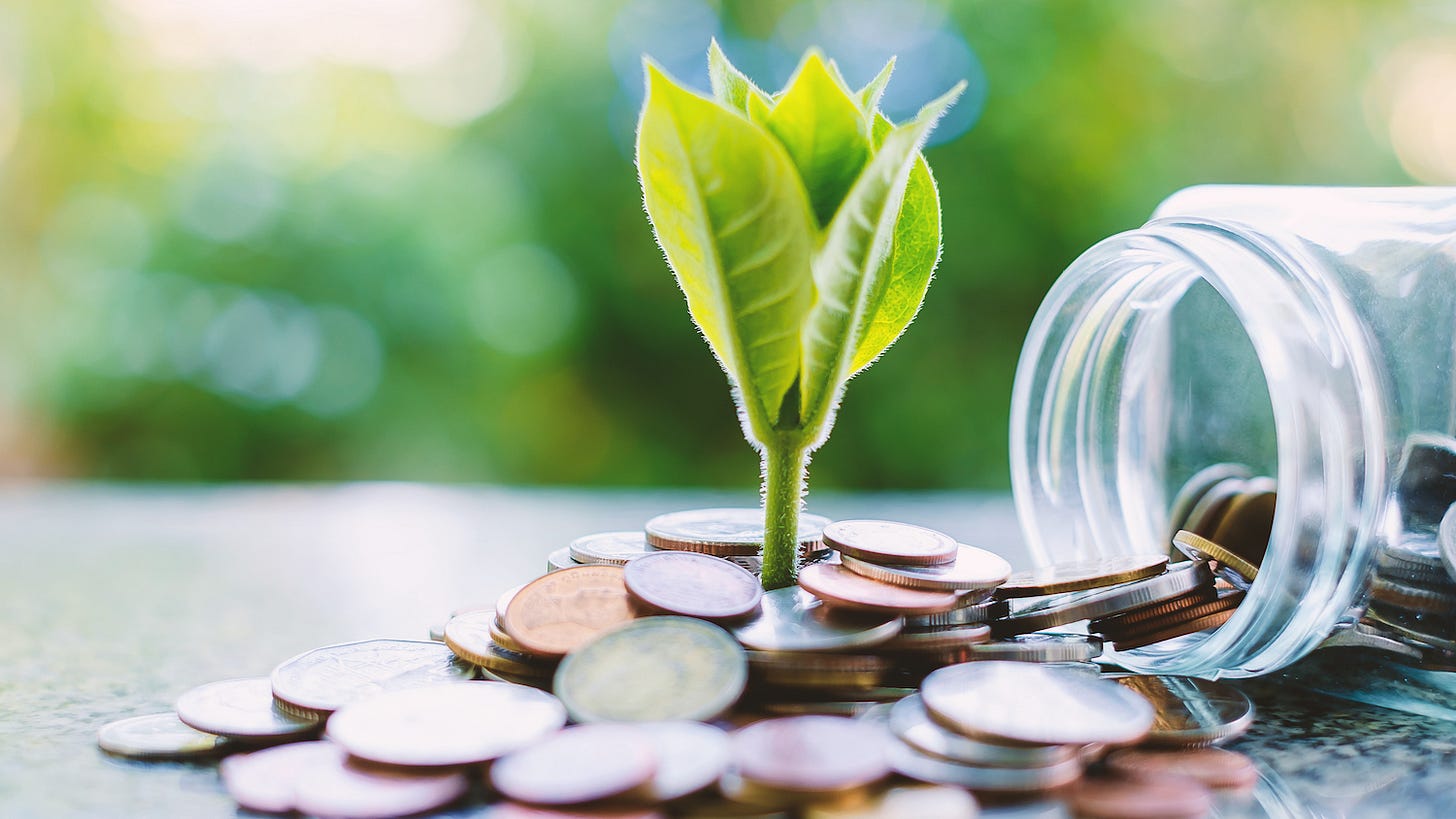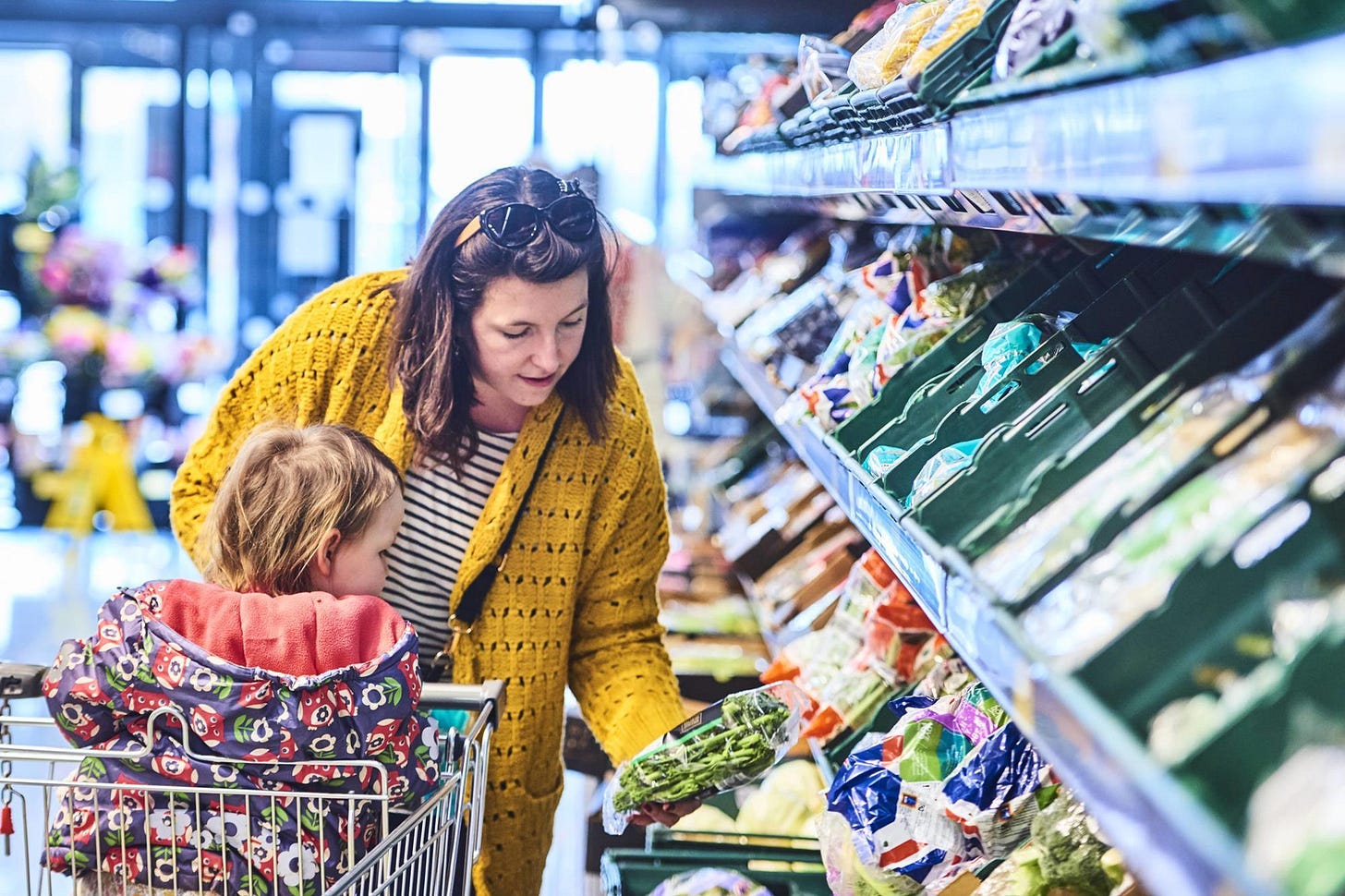Anke Ehlers on Aldi South Group's Sustainability Journey
Insights on How the Grocery Giant is Shaping a Greener, More Accessible Tomorrow
Companies are increasingly expected to balance profit with environmental stewardship, and for global retailers like the ALDI SOUTH Group, this is no small feat. In this week’s newsletter Anke Ehlers, Managing Director of International Sustainability at the ALDI SOUTH Group and a key figure in shaping the organization’s sustainability efforts, shares her invaluable insights into the company's ongoing journey to build a more sustainable and equitable food system that is still affordable.
Anke’s Journey in CSR
Anke Ehlers has been with the ALDI SOUTH Group for over 15 years, during which she has played a pivotal role in the company’s sustainability initiatives. She joined the company in 2010 and has held various positions internationally, including a two-year tenure in Hong Kong and Bangladesh. These experiences gave her a global perspective on corporate sustainability, which she has leveraged to help ALDI become a leader in the field. Throughout her career, Anke has focused on driving strategic initiatives that integrate sustainability into the organization’s core values and practices.
ALDI SOUTH Group’s Sustainability Journey
As a company, ALDI recognizes that sustainability is essential to success. In fact, sustainability is deeply embedded within the organization’s business strategy. With the goal of making sustainability affordable for everyone, ALDI has committed to providing its customers with healthy, responsibly sourced products without the high prices that often accompany sustainable options.
“One of ALDI’s core priorities is to democratize access to healthy and responsibly sourced products. We believe that sustainable products should be accessible to everyone, not just those who can afford to pay premium prices, and this belief is reflected in the offerings and product lines in all our stores across all our markets.” - Anke Ehlers
This approach is at the heart of the ALDI SOUTH Group’s Global Sustainability Strategy, which is focused on six key areas: Human Rights, Climate and Agriculture, Animal Welfare, Healthy Nutrition, the Circular Economy and Sustainable Packaging, and Food Waste. ALDI is continuing to develop its sustainability efforts in each of these dimensions, with a particular emphasis on climate action.
The Company’s Commitment to Climate Action
In 2024, the ALDI SOUTH Group reached a major milestone by becoming one of the first global grocery retailers to set science-based net-zero targets that were validated by the Science Based Targets initiative (SBTi). This bold commitment will guide the company’s journey toward reducing carbon emissions across its operations and supply chains, making ALDI one of the industry trailblazers in sustainability.
Anke’s experience at ALDI has provided her with a firsthand view of the company’s commitment to sustainability over the past decade and a half.
“Throughout my 15 years at ALDI, I’ve seen first-hand the company’s unwavering commitment to integrating sustainability across our 11 markets, which span four continents, as well as the more than 120 countries within our global supply chains.” - Anke Ehlers
ALDI has already made significant strides on its emissions reduction journey. For example, they have focused on reducing operational emissions by optimizing and improving refrigeration, cooling, and heating systems within their stores. The company has also invested heavily in renewable energy sources such as solar and wind power. Additionally, they are implementing new collaborative initiatives designed to reduce emissions from their supply chain as they seek to achieve their net-zero by 2050 targets.
“We are stepping up efforts to reduce emissions in our supply chain by working with suppliers in key categories like dairy to improve on-farm sustainability practices and exploring decarbonization opportunities in upstream transportation.” - Anke Ehlers
Beyond emission reductions, ALDI has also worked hard to improve supply chain transparency. For example, they launched an initiative to ensure that certain fresh produce lines sold in stores, including bananas and avocados, are sourced ethically, addressing human rights concerns along the supply chain. This initiative is part of the ALDI SOUTH Group's broader mission to ensure that sustainability is not only about environmental goals but also about ethical sourcing and protecting human rights.
Transitioning to a More Sustainable Food System
One of the most pressing challenges facing the global food industry is how to sustainably feed a rapidly growing population. The world’s population is projected to add another two billion people over the next 25 years, which means we need to rethink the way we produce and consume food.
“By 2050, we will need to find a way to feed 10 billion people on a planet that has overstepped several planetary boundaries. Therefore, there is no other alternative but the profound transformation of the food system with sustainability considerations embedded in key business decisions.” - Anke Ehlers
This transformation will require major changes in both technology and policy. Anke emphasizes that technology will play a crucial role in driving these changes, particularly through innovations that improve food production efficiency while reducing environmental impact. Additionally, evolving legislation will force businesses to navigate an increasingly complex regulatory landscape, and those that fail to adapt may face significant challenges.
“Sustainability leaders must embrace their roles as changemakers, ensuring they align processes with new directives, enhance internal capabilities, and integrate sustainability into broader business strategies. They must also demonstrate the business case for sustainability, outlining how being sustainable can bolster a company’s bottom line and resilience.” - Anke Ehlers
Indeed, there’s a growing recognition in the business world that sustainability is not just a moral imperative but also a business imperative. Ignoring sustainability not only puts the planet in jeopardy but also exposes companies to rising costs and long-term financial risks.
How Retailers Can Encourage Customers to Make More Sustainable Choices
Retailers play a vital role in helping consumers make sustainable choices. However, this requires collaboration between various stakeholders—policymakers, educators, and the broader food industry. ALDI has been at the forefront of these efforts, leveraging its extensive reach to raise consumer awareness around important sustainability issues.
Transparency and clarity are key components of this strategy. ALDI has made concerted efforts to ensure that its sustainability initiatives are clearly communicated to customers, making it easier for them to make informed purchasing decisions.
“We believe that sustainable products should be accessible to everyone, not just those who can afford to pay premium prices, and this belief is reflected in the offerings and product lines in all our stores across all our markets.” - Anke Ehlers
These efforts reflect ALDI’s broader mission to make sustainability not only achievable but also accessible to all, regardless of socio-economic background. By offering sustainably sourced products at affordable prices, ALDI is working to reduce the barriers that prevent many consumers from making more sustainable purchasing choices.
The Business Case for Sustainability
The ALDI SOUTH Group’s ongoing commitment to sustainability highlights an important point: sustainability isn’t just about doing the right thing—it’s also about securing long-term success. By incorporating sustainability into their core business strategy, companies like ALDI are future-proofing their operations, enhancing their resilience in the face of climate change, and meeting the rising consumer demand for ethically produced goods.
As the ALDI SOUTH Group continues its journey toward greater sustainability, it is clear that the company is dedicated not only to minimizing its environmental footprint but also to shaping a future where sustainability is accessible, achievable, and integral to every aspect of business. With sustainability leaders like Anke Ehlers at the helm, ALDI is paving the way for other companies to follow, proving that sustainability is not just an option—it’s a necessity for the future of both business and the planet.
This Week in Sustainability is a weekly email from Brightest (and friends) about sustainability and climate strategy. If you’ve enjoyed this piece, please consider forwarding it to a friend or teammate. If you’re reading it for the first time, we hope you enjoyed it enough to consider subscribing. If we can be helpful to you or your organization’s sustainability journey, please be in touch.

